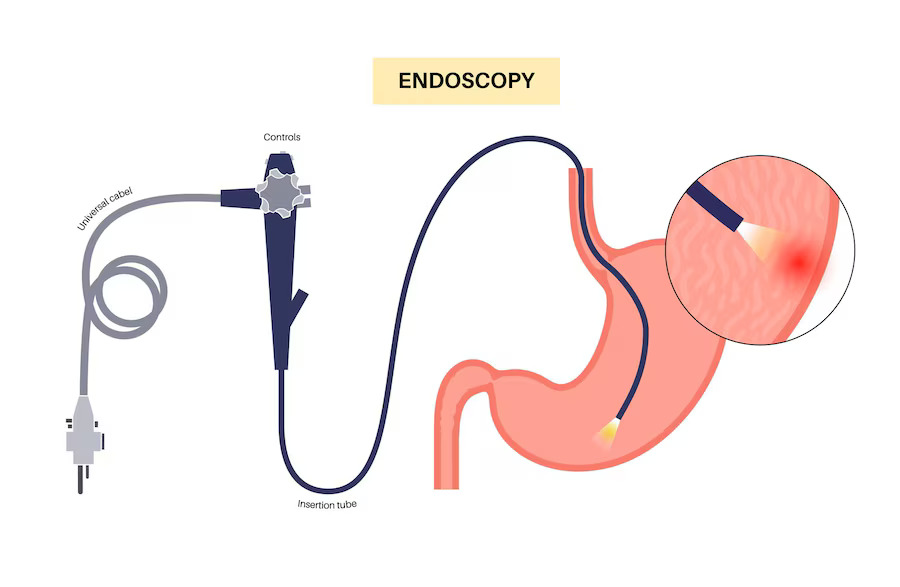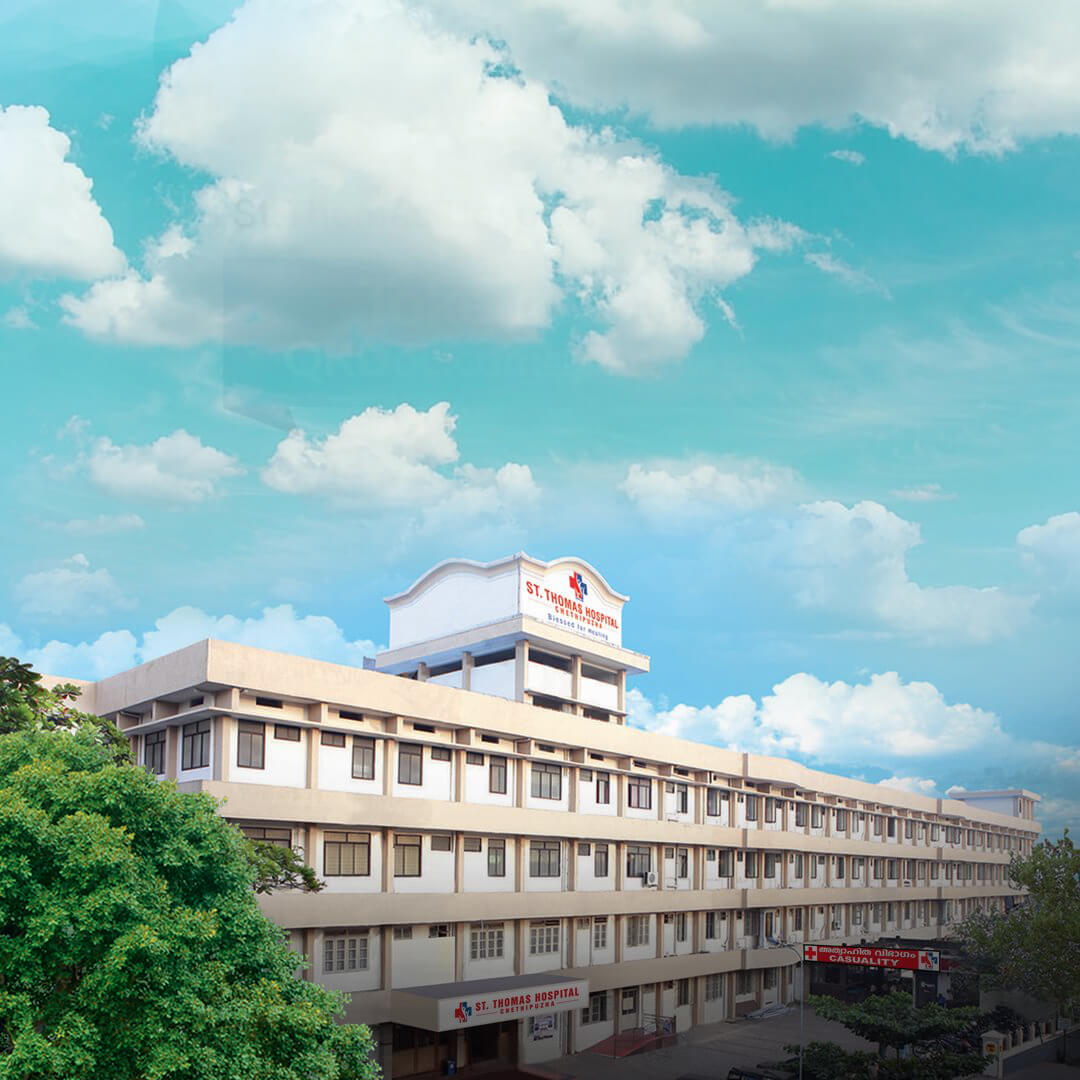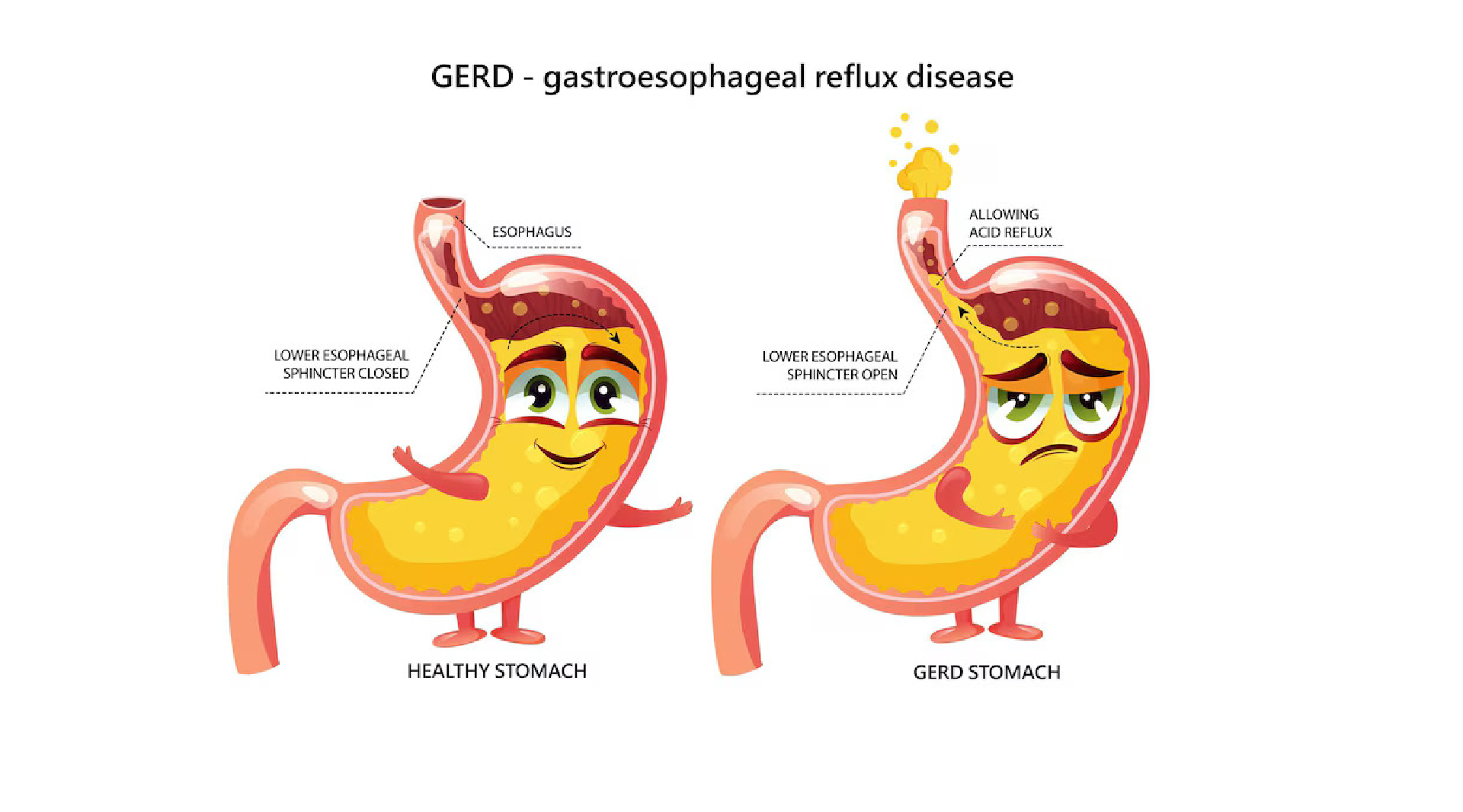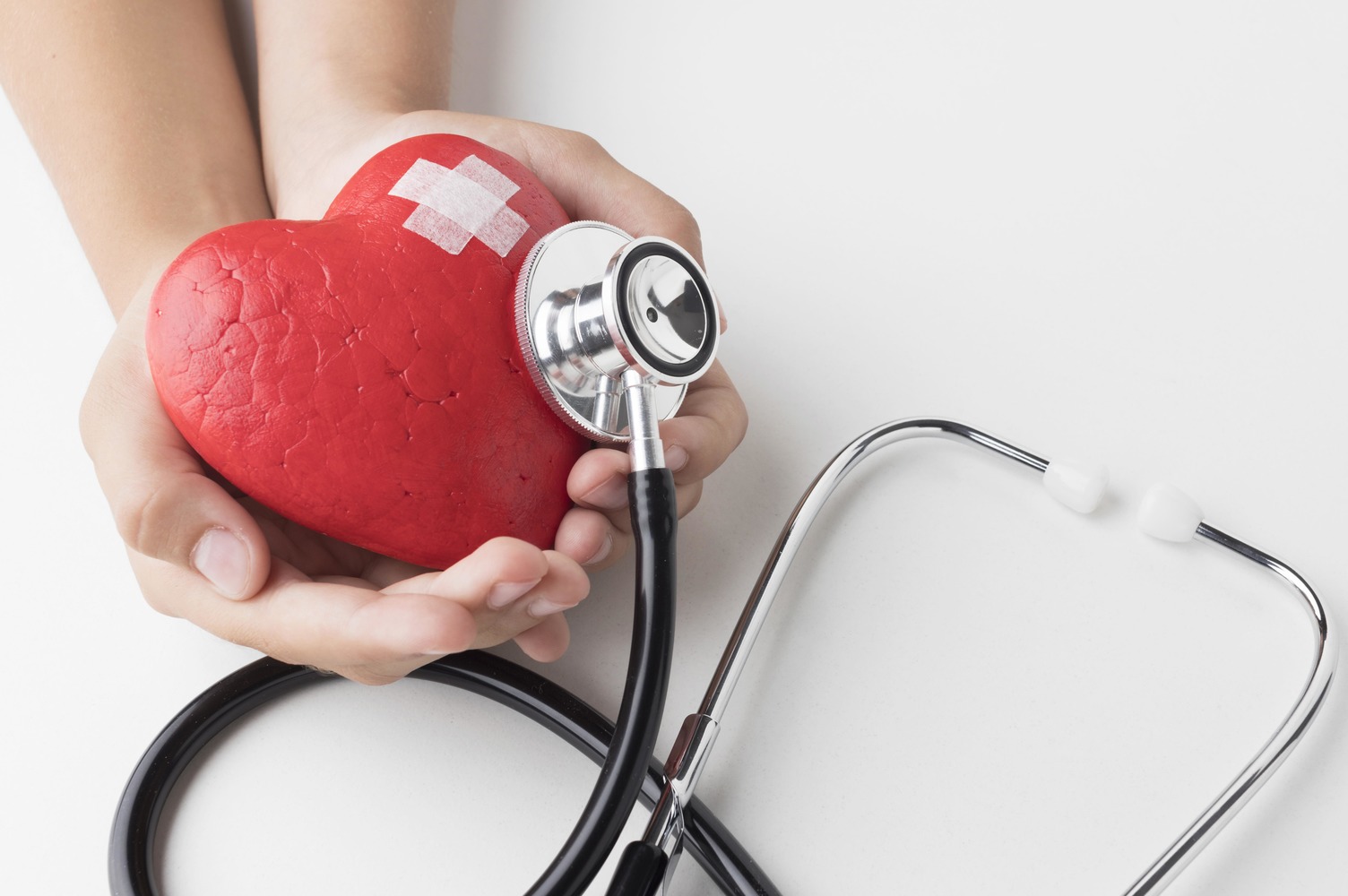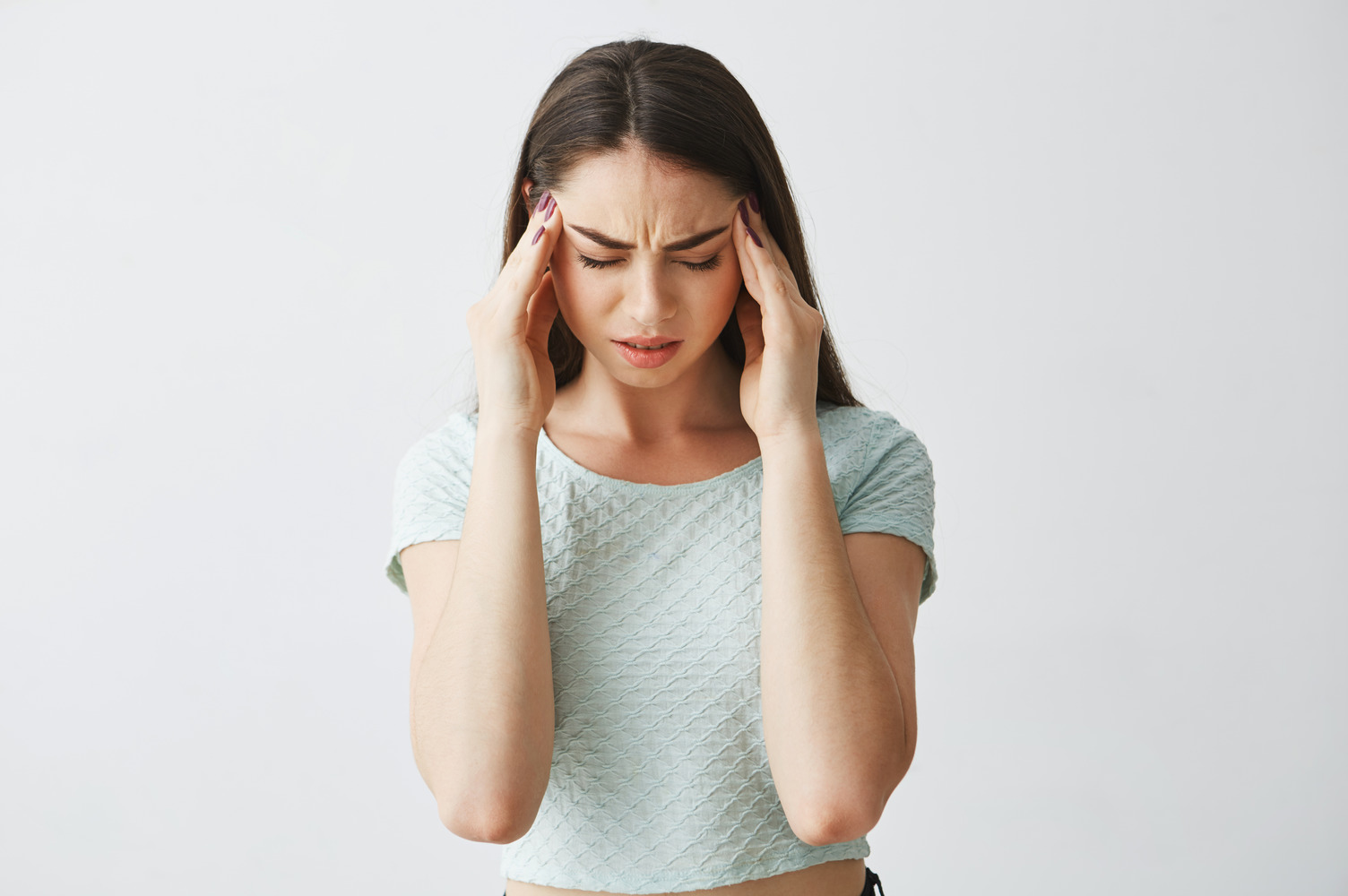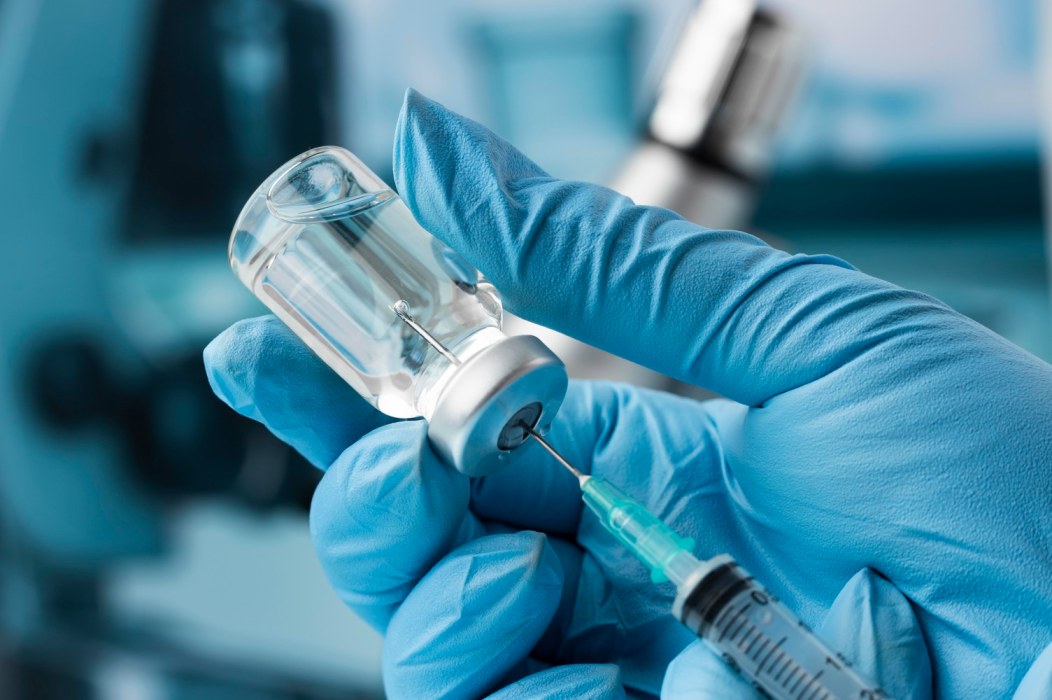KNOW YOUR ENDOSCOPY PROCEDURE
Compiled & Edited by: Dr. Anil P John MD, DM, MRCP
Senior Consultant Gastroenterologist
Endoscopy is the visual inspection of the interior of the body by equipment called, endoscope. This procedure is used for diagnostic as well as therapeutic purposes, like the removal of stone, polyps, tumors or biopsy.
Types of endoscopy.
Upper GI Endoscopy (Oesophagogastroduodenoscopy), also known as Gastroscopy - is the examination of the upper portion of gastrointestinal tract till second part Duodenum (being of small intestine). This procedure helps to diagnosis for swallowing difficulties, bleeding, indigestion, abdominal pain, Oesophagus cancer, Stomach Cancer, nausea, vomiting, GERD.
Endoscopic Retrograde Cholangiopancreatography (ERCP) - enables to diagnose diseases of Bile ducts and pancreas. This procedure is used for removing stones from pancreas and bile ducts. Also for stenting of bile ducts.
Enteroscopy - is the examination of small intestine which cannot be visualised by upper GI endoscopy. It is mainly used for diagnostic and therapeutic management of small intestinal bleeding
Sigmoidoscopy - is the examination of the portion of the large intestine up to 50-60 centimeters from anal verge. It is used for diagnosing bleeding, growth and therapeutic applications for bleeding and removal of growth.
Colonoscopy - is the examination of large intestine (Colon).
What are the indications of different types of endoscopy?
The indication depends on the provisional diagnosis by your gastroenterologist and the symptoms of the patient, like persistent upper abdominal pain, difficulty swallowing, nausea, vomiting, suspected bleeding from gastrointestinal tract and unexplained weight loss.
How do I Prepare for an Endoscopy?
Patients are instructed not to drink or eat anything six to eight hours before the upper GI endoscopy. You may have to take bowel preparations, as per instruction, for colonoscopy. Please take any routine medication as usual with a small amount of water, unless you have been advised to stop them.
How long the does Endoscopy procedure takes?
Colonoscopy usually takes 30 to 40 minutes and upper GI endoscopy is about 15 minutes to complete and the procedure may take longer depending on whether the gastroenterologist performs treatment in addition to the examination. You should expect a stay of approximately one hour and 30 minutes to two hours in total.
How long does it take to recover after Endoscopy?
After the test, you’ll be observed for 30 to 40 minutes. If your throat was numbed, avoiding eating or drinking until your gag reflex returns. After the procedure, you may feel sleepy at first, and you might have a sore throat for a day or two.
What are the complications of endoscopy?
After the endoscopy, your throat may feel sore, but this will pass in a few hours. Some people will have a mild slight pain and discomfort after lower GI endoscopy. Gas and bloating are the other common side effects and the symptoms should subside within 24-36 hours. Severe complications of endoscopy include bleeding and puncture of the gastrointestinal tract. However, such complications are rare.
Please ask our Gastroenterologist to know more about the procedure.








